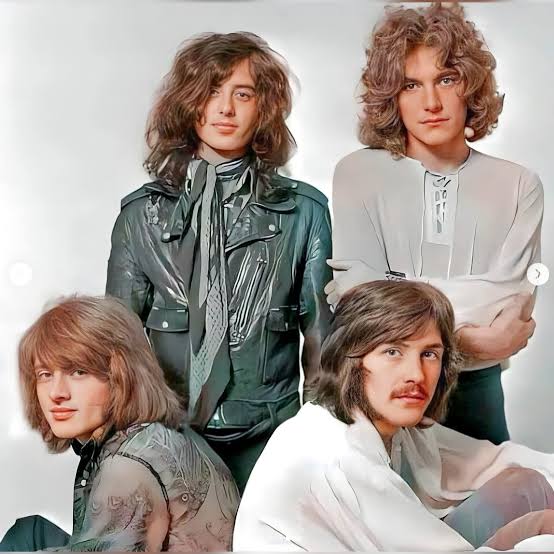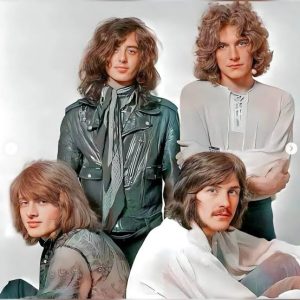
Echoes of the Gods: Led Zeppelin’s Timeless Sound Returns for a New Generation
In the ever-evolving world of music, few bands have cast as long and lasting a shadow as Led Zeppelin. From the late 1960s into the 1970s, the British rock giants redefined what rock and roll could be—melding blues, psychedelia, folk, and thunderous hard rock into an alchemical sound that echoed like a force of nature. Now, decades after their last full-scale release and performance, the echoes of the gods are being heard once again. Led Zeppelin’s music is surging back into cultural relevance—revived, remixed, and revered by a whole new generation.
With classic tracks like “Stairway to Heaven,” “Whole Lotta Love,” and “Kashmir” finding renewed popularity on streaming platforms like Spotify and YouTube, it’s clear that Led Zeppelin’s influence has never truly faded. In fact, Gen Z and younger millennials have embraced the band’s work with surprising enthusiasm—flocking to vintage vinyl reissues, wearing Zeppelin merch, and creating fan edits and mashups across TikTok and Instagram. The timeless nature of their sound—equal parts mystical, aggressive, and deeply soulful—continues to resonate across boundaries of age, genre, and culture.
The resurgence isn’t just organic—it’s strategic. In a series of bold moves, the surviving members of the band, led by guitarist Jimmy Page and vocalist Robert Plant, have begun releasing newly remastered versions of their albums, along with exclusive behind-the-scenes footage, demos, and interviews. Page, ever the sonic perfectionist, has overseen these remasters personally, ensuring that the band’s catalog is treated with the respect and intensity it deserves. The result is a body of work that sounds crisper, deeper, and more powerful than ever—even to ears trained on the slick production of modern music.

Meanwhile, Plant, known for his poetic mysticism and haunting vocals, has embraced this revival with cautious optimism. In recent interviews, he’s acknowledged the enduring magic of the music while remaining hesitant to label anything as a “comeback.” “It’s not about reliving the past,” he remarked in a recent BBC appearance. “It’s about letting the music breathe in the present—letting it find its place in the hearts of those who’ve never heard it before.”
Fueling the momentum further is the rise of tribute bands, Zeppelin-inspired fashion lines, and even academic courses examining the group’s lyrical themes, mythological allusions, and innovative studio techniques. Their legacy is now being actively studied, not just celebrated. It’s a phenomenon rarely seen in the rock world—where influence often fades as swiftly as it arrives. But Zeppelin endures, not only because of what they created but because of the emotional intensity and artistic freedom they embodied.
Perhaps the most exciting development of all is the buzz surrounding potential new collaborations. While a full reunion remains uncertain, whispers from insiders suggest that Page, Plant, and bassist John Paul Jones have discussed special studio sessions involving new material—potentially blending modern production with their classic sensibilities. Though drummer John Bonham’s tragic death in 1980 made a full reunion impossible, his son Jason Bonham has stepped into his father’s shoes with conviction and fire on several occasions, earning fans’ admiration and the band’s blessing.
As Led Zeppelin’s stormy sound surges into the present, it becomes clear that their music has transcended generational shifts, cultural upheaval, and industry changes. “Echoes of the gods,” indeed. This revival is not just a nostalgic trip into the past—it’s a testament to the immortal nature of true artistry.
In a world of fleeting trends and disposable pop, Led Zeppelin stands as a towering reminder that some music is not merely heard but felt—deep in the bones and the spirit. And as this new generation of fans discovers the band’s work, the myth grows richer, louder, and more
alive than ever.







